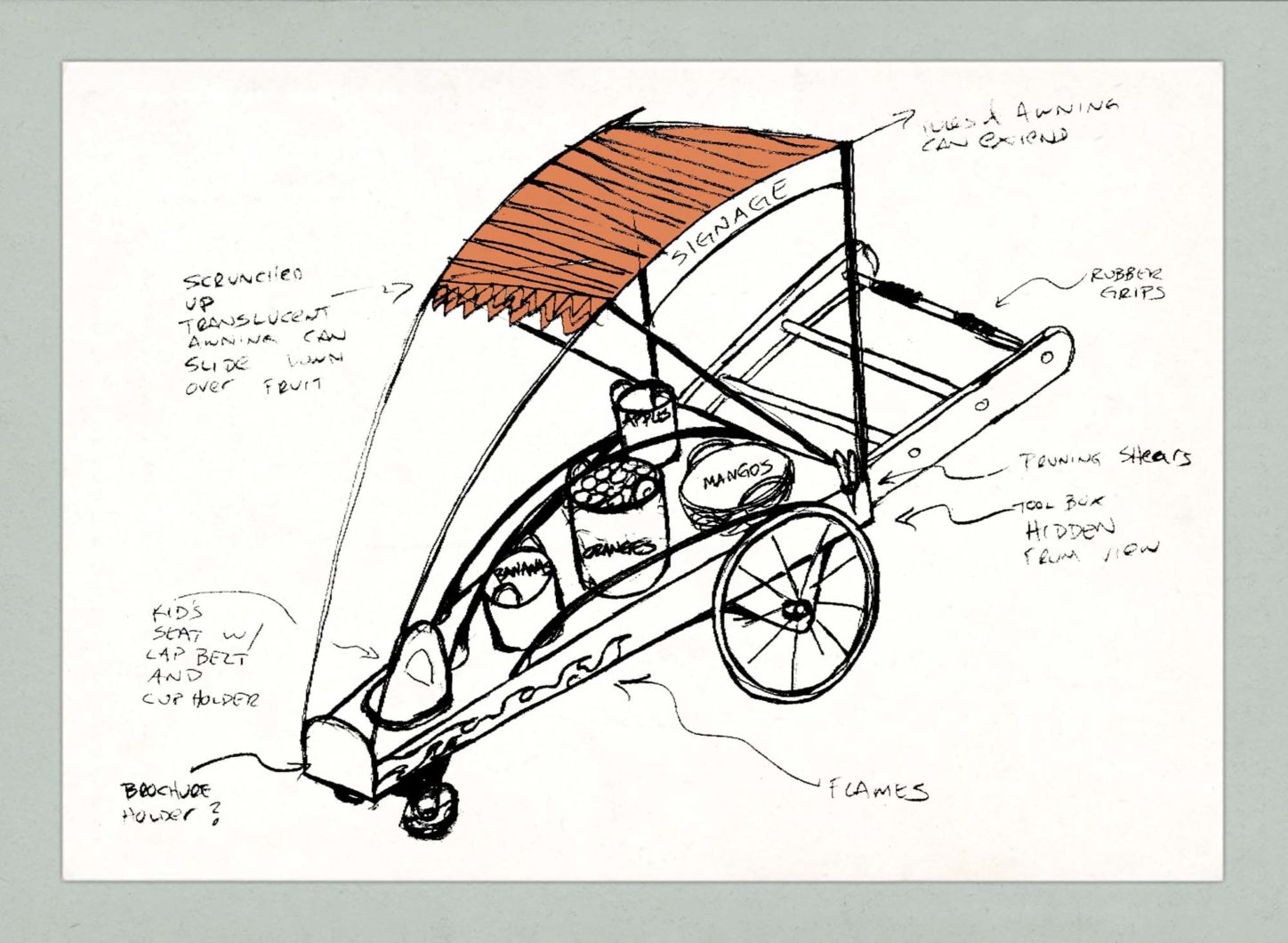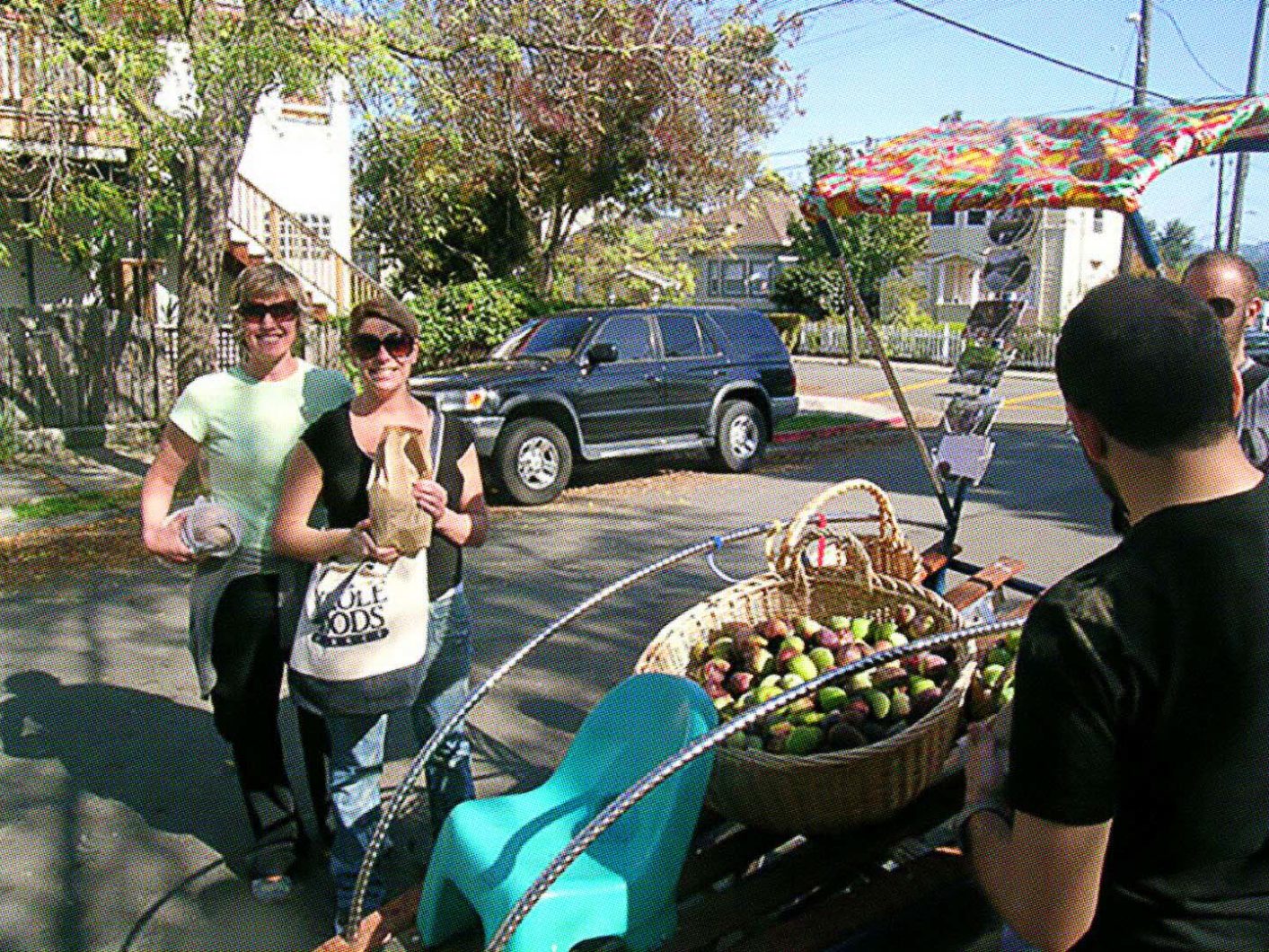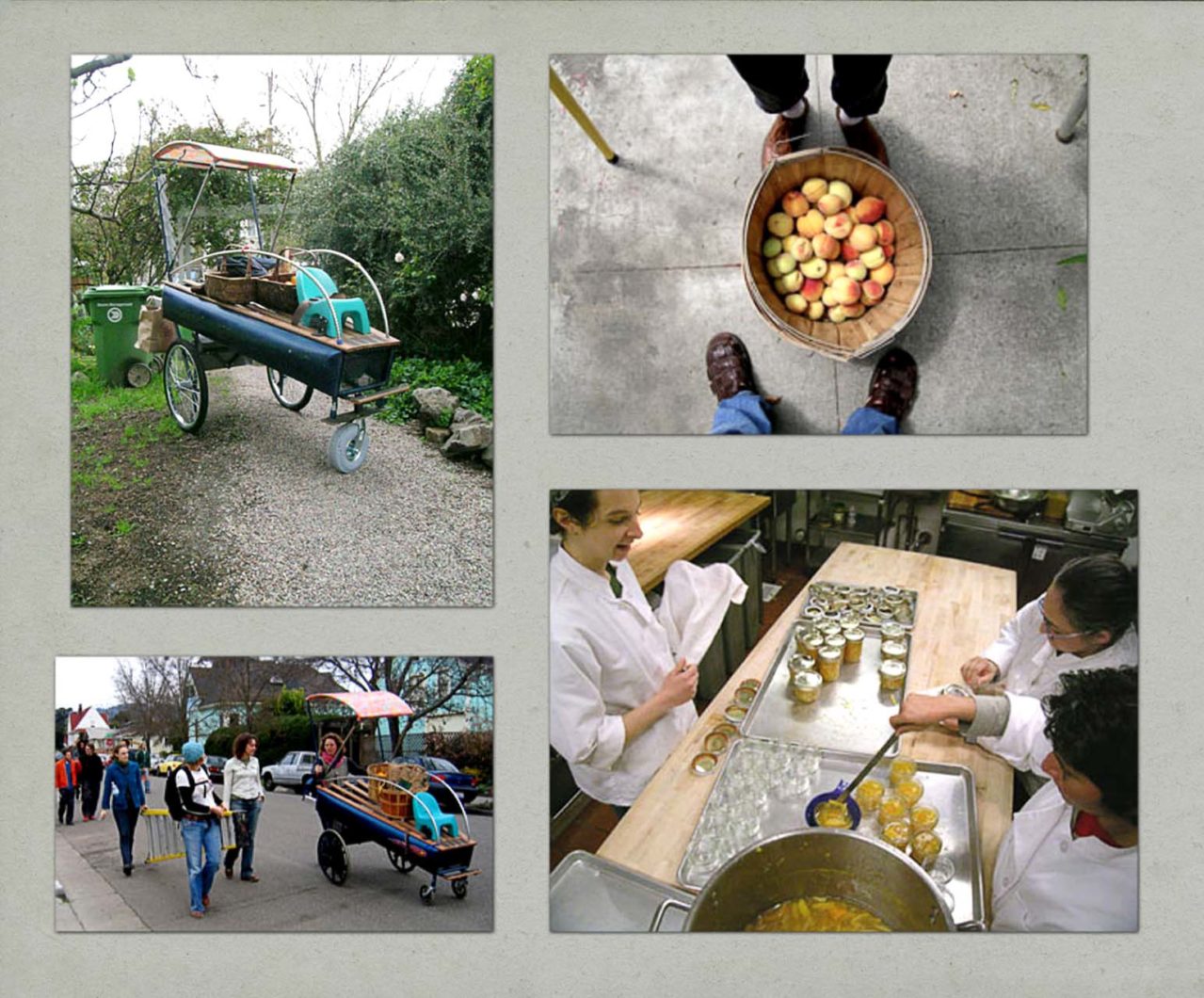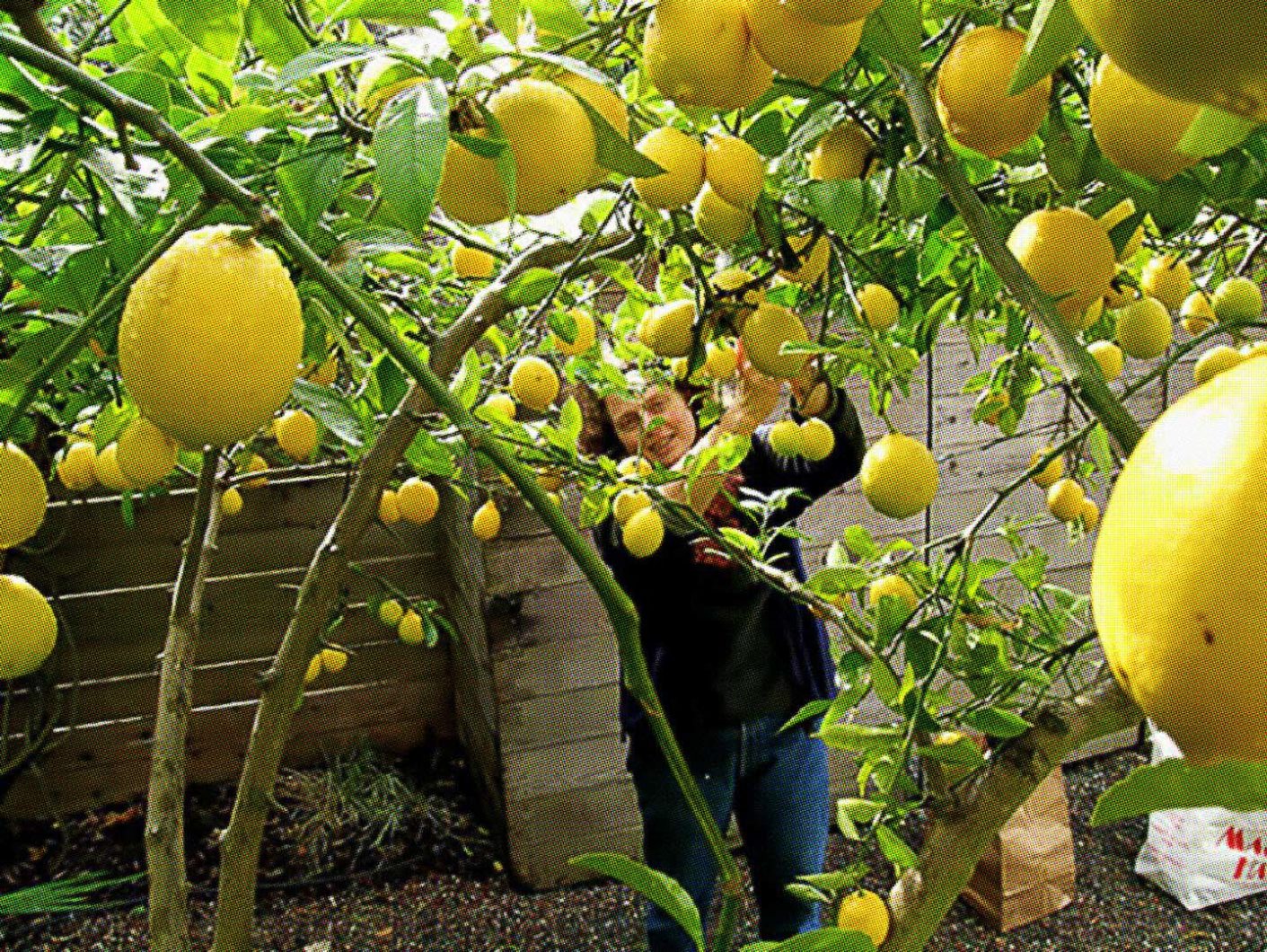Temescal Amity Works
Creating a network among residents to address fruit tree surplus and cultivate community through a hand-built pushcart and a reading room.




Initiator(s)
Fieldfaring
Description
The project drew upon historical models of mutual-aid society and DIY collectives and urban communism in order to create a network among citizens living in the Temescal neighbourhood of Oakland. The initiators built on the past identity of the neighbourhood composed by an Italian-American immigrant community that was planted with fruit trees, in particular, citrus. Today the trees are still there but nobody harvests them, so fruits rot on the ground. In order to stop the waste of fruits and vegetable surplus, Fieldfaring created a hand-built, steel pushcart to either collect, give away or transform them in marmalades and fruit butters. The project provided a Reading Room at a storefront space, which functioned as a meeting place and a resource library. Despite the success of the project, Fieldfaring decided to end the project because it became to be recognised as a sort of service rather than an incentive for neighbors to self-organise.
Goals
To function as a resource for the distribution of surplus of fruits and vegetable within the neighbourhood.
Beneficial outcomes
The residents got the surplus fruits and vegetables in a new re-usable form and they learnt about different posibilities of re-use food and sharing. The project comprehended also a neighbourhood resource map that was given out to all of the residents and continues to be distributed through local businesses.
Location
United States
Users
Adrian Rivas, Hugo Hopping and art students of KRABBESHOLM HØJSKOLE in Skive, Denmark, Luis Hernández, Mark Sanderson (art collector), Pilar Tompkins, York Chang, Fernando Cruz, Gronk, James Rojas (urban planner), York Chang,
Maintained by
Fieldfaring
Duration
2004-2007
Category
Scientific
Pedagogical
Politics
Urban Development
Economy
Environment
Social






